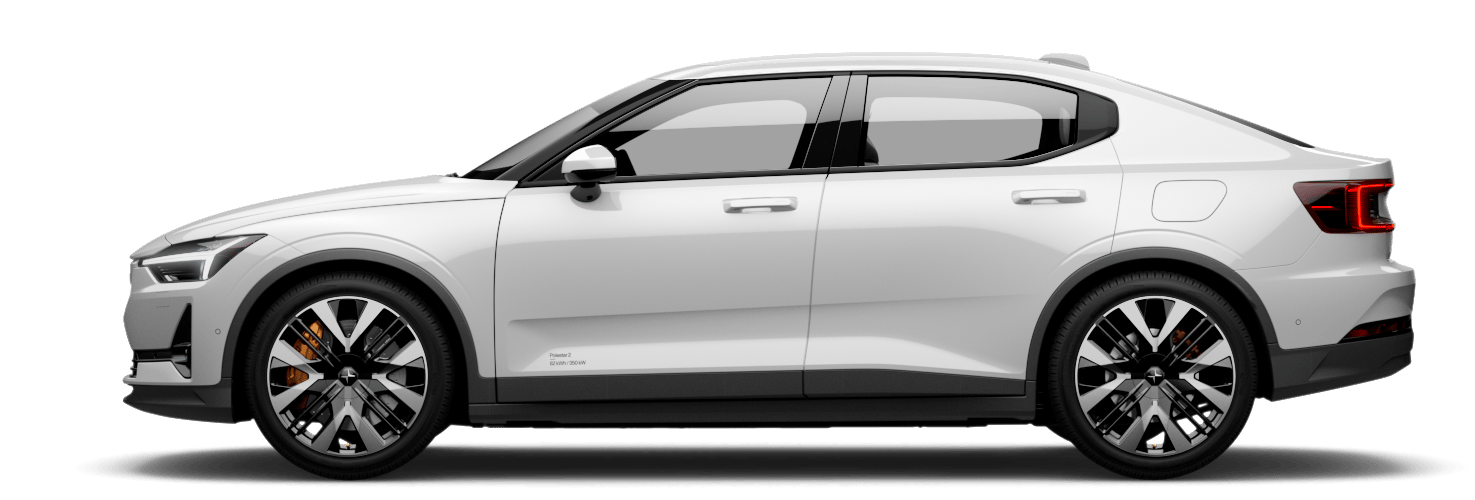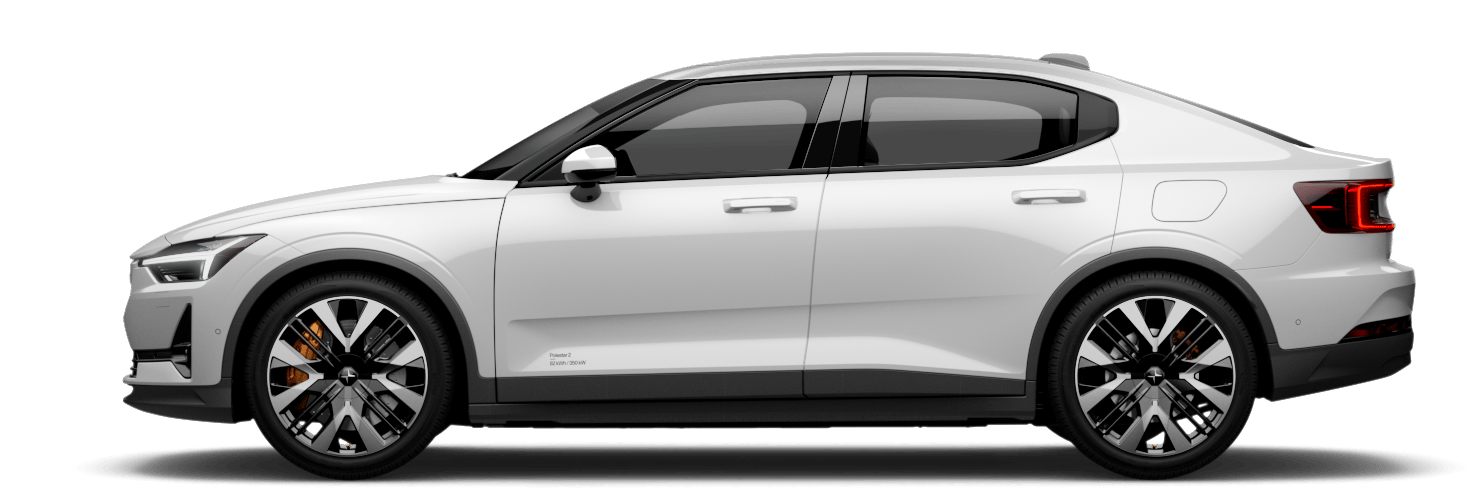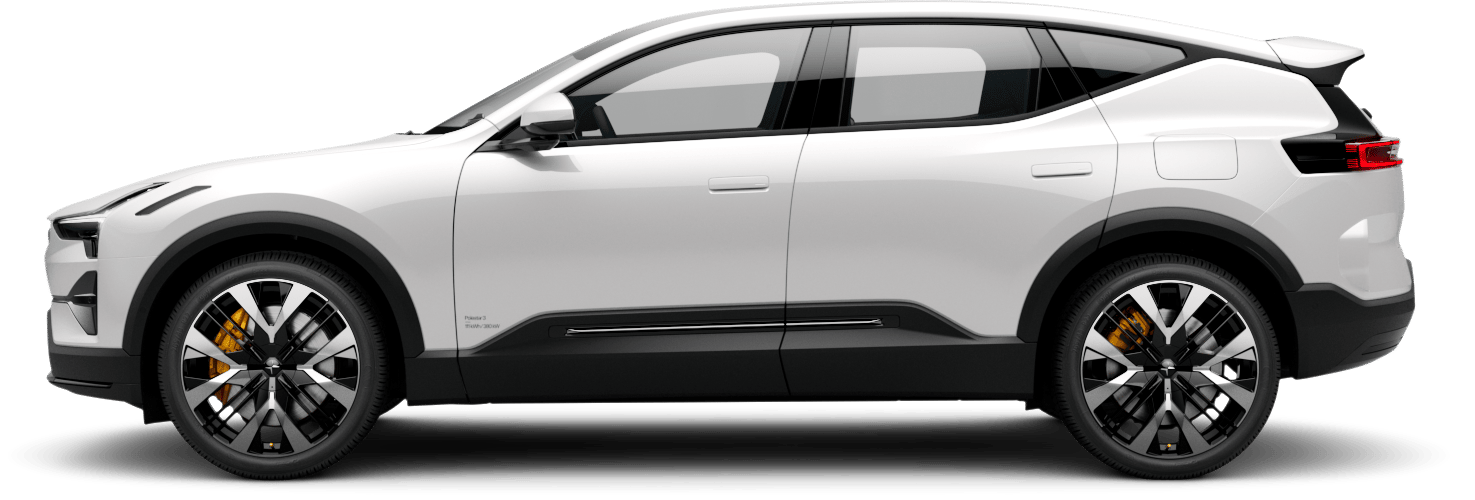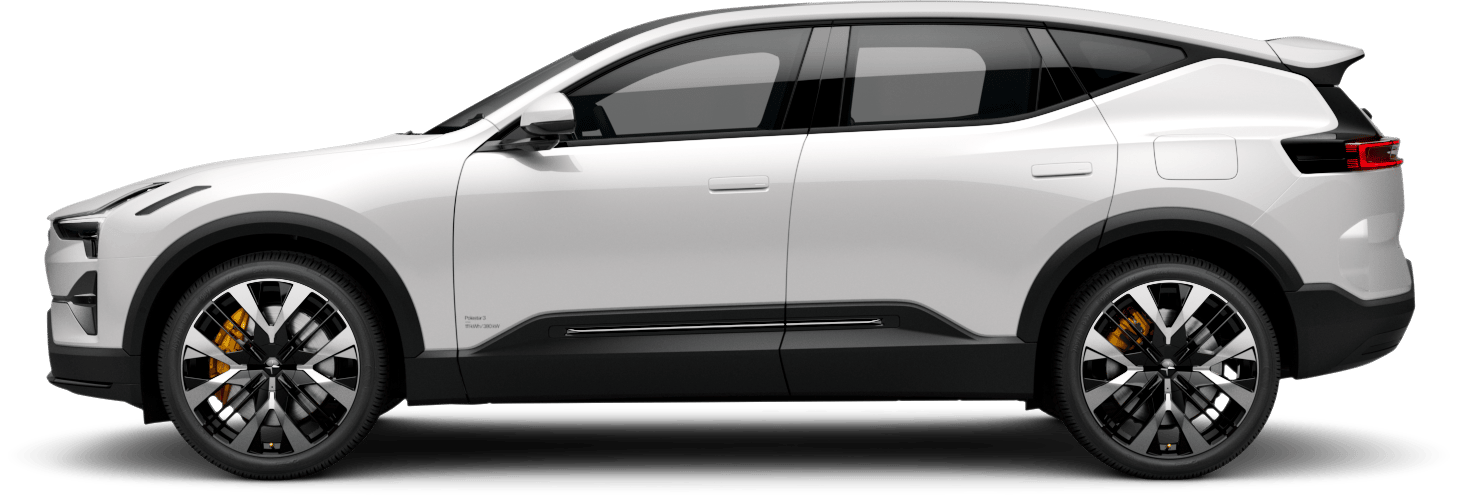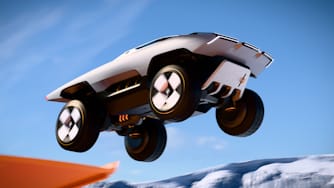Five questions for Lisa Bolin
Until recently, Lisa Bolin was the Life Cycle Assessment Specialist at Polestar. As she steps into the role of Climate Lead, she will be supporting Polestar in setting action plans towards climate-neutrality and finding solutions for renewable energy throughout the supply chain.

How does the reality of your job compare with what people think you do?
I'm not so sure what people think I do, but with a lot of projects I work quite closely with engineers. So, I actually know a lot of details about the vehicles, like the different components and materials and so on. People may think that I work on a higher level and don't know that I am involved in the projects so much. But I would say most people are aware of what I do. Nowadays, I am working on developing a clearer climate strategy and help all our departments to understand how they can contribute, and what actions that are needed for us to reach climate neutrality, not only for our products, but also for our spaces and business travels.
What is the best part of your job?
I’ve been working with lifecycle assessment for about ten years. You have to be very curious about learning new things and you can't be afraid to dig in. Our products are quite complex, and of course I don't understand everything in detail. But when I talk to the engineers, I have to try to understand how the components work. I think when you work with sustainability you meet a lot of people in different departments, which is a lot of fun. As Climate Lead, I now work with all departments to set up action plans that support us to work towards lowering our climate impact. It’s fun in the way that is really the continuation of what I did in the carbon footprint of Polestar 2. Like, now we know what our focus areas should be, and we have to set up actions to lower the impact of our product.
What job would you have if you didn't have this one?
I'm a curious person, so I think I would do a lot of different things. I think teaching is fun. So maybe I would be a teacher. I also have an interest in the Chinese language, and I’ve studied it quite a lot. So maybe Chinese teacher or something like that. I sometimes think that being a lawyer or a journalist would be fun too.
Are there any trends that are shaping the area that you work with at the moment?
We focus on carbon emissions within lifecycle assessment, so I think with the Paris Agreement and activists like Greta Thunberg, as well as more movement from China, the climate question is becoming more and more real. How seriously it is being tackled can be very different between industries, and I think a lot of it has to do with how much pressure is being applied. We see now that we get a lot of detailed questions from customers like: “What is the carbon footprint of the car? What is the battery’s carbon footprint?”. The pressure is coming both from the legislation, but also from customers, which I think is great.
What is your favourite invention?
Oh, I never thought about that. There are so many things that are such good inventions, so I’m going to go with something trivial. I have a robot vacuum cleaner. I love it because I hate to vacuum!
